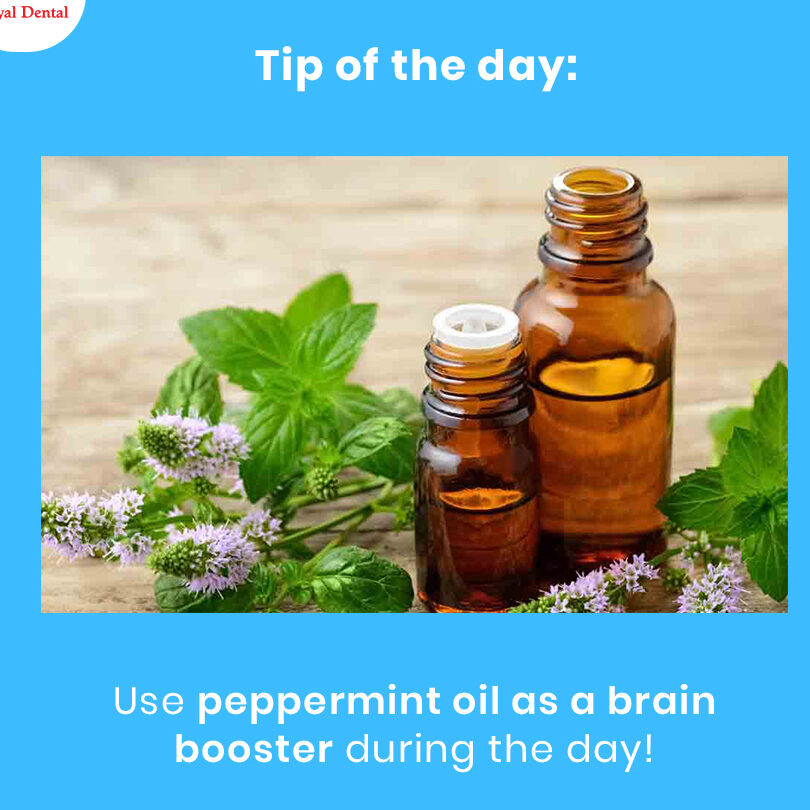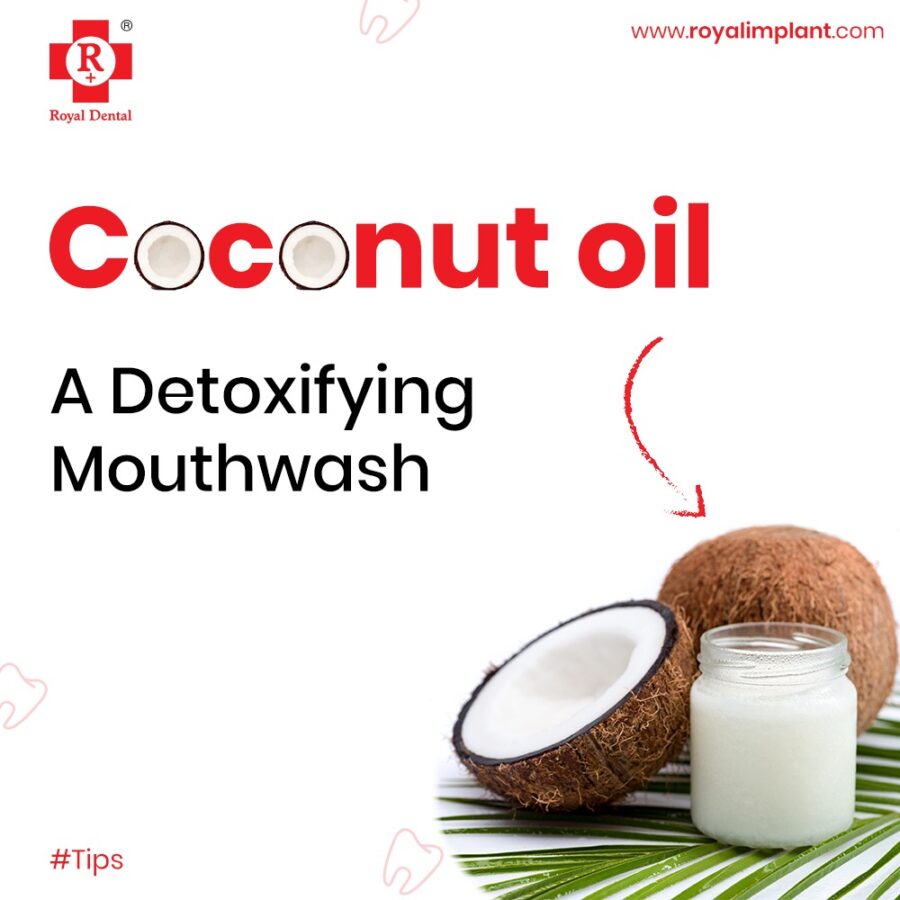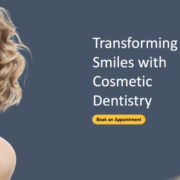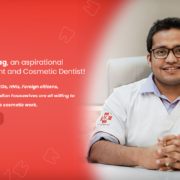Oil pulling has gained immense popularity in recent years as a natural remedy for oral health. But what do dentists really think about this ancient practice? In this insightful article, we delve into the world of oil pulling from the perspective of renowned dentist, Dr. Chirag Chamria. With years of experience in the field of dentistry, Dr. Chamria shares his expert insights, debunking myths and shedding light on the actual benefits of oil pulling for oral hygiene. From its origins to the science behind it, he uncovers the truth behind this centuries-old technique and its effectiveness in maintaining a healthy smile. Whether you’re a believer or a skeptic, this article will provide you with an evidence-based understanding of oil pulling and its place in modern dental care. Grab your coconut oil and join Dr. Chirag Chamria for a fascinating exploration of oil pulling.
What is oil pulling and how does it work?
Oil pulling is an ancient Ayurvedic practice that involves swishing oil in the mouth for a specified period, typically around 20 minutes, and then spitting it out. The most commonly used oil for oil pulling is coconut oil, although other oils like sesame oil and sunflower oil can also be used. The process is believed to draw toxins out of the body, improve oral hygiene, and promote overall health. But how does it actually work?

According to Dr. Chirag Chamria, oil pulling works by the principle of oil being a fat-soluble substance. When oil is swished around the mouth, it binds to the fat-soluble toxins, bacteria, and other impurities present in the oral cavity. As the oil is swished around, it pulls these toxins from the teeth, gums, and tongue, effectively cleansing the mouth. The oil is then spit out, along with the toxins, leaving the mouth feeling fresh and clean.
While the exact mechanism of how oil pulling works is not fully understood, Dr. Chamria emphasizes that it is likely due to the oil’s ability to disrupt the biofilm created by bacteria in the mouth. This biofilm, known as plaque, is the main cause of dental problems such as tooth decay and gum disease. By removing this biofilm, oil pulling helps to prevent these oral health issues and promote a healthier mouth.
Benefits of Oil Pulling for Oral Health
- Reduces Harmful Bacteria: Oil pulling, particularly with coconut oil, can help inhibit the growth of bacteria responsible for tooth decay and gum disease.
- Improved Gum Health: Swishing oil in the mouth might reduce inflammation and help dislodge debris, potentially contributing to healthier gums.
- Fresher Breath: Oil pulling can remove bacteria associated with bad breath, leading to a temporary improvement in breath odor.
- Surface Stain Removal: Oil pulling might help lift some surface stains, contributing to a slight improvement in tooth color.
- Temporary Mouth Moisture: Swishing oil increases mouth moisture temporarily, providing relief for individuals experiencing dry mouth.
- Relaxation and Mindfulness: The process of oil pulling can serve as a meditative practice, promoting better oral hygiene habits and overall well-being.
Myths and Misconceptions about Oil Pulling on Health
Myth: Oil Pulling Can Cure Serious Dental Issues
Another misconception is that oil pulling can cure severe dental problems or eliminate the need for professional dental treatments. While oil pulling might have some benefits, it’s not a replacement for professional diagnosis and treatment by a qualified dentist, especially for significant dental issues.
Myth: Oil Pulling Equals Professional Teeth Whitening
Some believe that oil pulling can provide teeth-whitening results comparable to professional treatments. While oil pulling might help remove surface stains, it’s not as effective as professional teeth whitening procedures performed by dental experts for achieving noticeable whitening results.

Myth: Oil Pulling Detoxifies the Body Through the Mouth
Some believe that oil pulling can detoxify the entire body by pulling toxins through the mouth. However, the body’s detoxification processes are complex and involve organs like the liver and kidneys. While oral health contributes to overall well-being, the notion of oil pulling as a full-body detox is exaggerated.
Myth: Oil Pulling Replaces Traditional Oral Hygiene Practices
One common misconception is that oil pulling alone can replace brushing and flossing. While oil pulling might offer certain benefits, it’s not a substitute for the proven methods of maintaining oral health, such as regular brushing, flossing, and professional cleanings.
Oil pulling vs. Traditional Oral Care Practices for Health
| Pros: | Cons: |
| Natural and Holistic: Oil pulling utilizes natural oils, such as coconut oil, providing a holistic approach to oral care without artificial ingredients. | Limited Scientific Backing: While some studies suggest benefits, the scientific evidence supporting the full range of oil pulling’s claimed advantages is still limited and inconclusive. |
| Potential Antibacterial Effects: Some oils possess antibacterial properties that could help reduce harmful bacteria in the mouth, contributing to improved oral hygiene. | Not a Replacement for Traditional Methods: Oil pulling should complement, not replace, traditional oral care practices like brushing, flossing, and professional dental check-ups. |
| Mindfulness and Relaxation: Oil pulling offers a meditative ritual that promotes mindfulness, potentially encouraging individuals to take a more attentive approach to oral health. | Time-Consuming: Oil pulling requires several minutes of swishing, which might not be feasible for everyone’s busy lifestyle. |
Oil Pulling: The Ancient Ritual for Health
| Pros: | Cons: |
| Proven Efficacy: Traditional methods like brushing and flossing have a robust scientific basis and are known to effectively remove plaque, prevent cavities, and maintain gum health. | Chemical Ingredients: Some traditional oral care products may contain artificial ingredients that certain individuals might want to avoid. |
| Professional Guidance: Dentists provide evidence-based recommendations and treatments tailored to your individual needs, ensuring comprehensive oral health care. | Less Mindful Approach: Traditional methods might not encourage the same level of mindfulness and meditative experience as oil pulling. |
| Swift and Convenient: Brushing and flossing are quick and easily incorporated into daily routines, making them accessible to most individuals. | Incomplete Coverage: Traditional methods might not fully address every claimed benefit of oil pulling, such as potential antibacterial effects. |
Side effects and Precautions of Oil Pulling
Discomfort or Gag Reflex: Swishing oil in the mouth for extended periods can trigger a gag reflex or lead to discomfort, especially for those new to the practice. Start with smaller amounts of oil and gradually increase as you become accustomed to the sensation.
Ingestion of Oil: There’s a risk of accidentally swallowing the oil during swishing. While most oils used for oil pulling are safe to ingest in small amounts, swallowing larger quantities might lead to digestive discomfort. Be cautious and spit the oil into a trash can, not the sink, to avoid clogging drains.
Allergic Reactions: Some individuals might be allergic to specific types of oil used for oil pulling, such as coconut oil. If you feel itching, swelling, or redness in or around the mouth, stop the practice and see a doctor.
Dr. Chirag Chamria’s insights on Oil Pulling on Health
As a dentist with years of experience, Dr. Chirag Chamria provides valuable insights into the world of oil pulling. He acknowledges that while oil pulling is not a replacement for traditional oral care practices, it can be a beneficial addition to one’s oral hygiene routine.
Dr. Chamria highlights the importance of evidence-based dentistry and the need for scientific research to support the claims surrounding oil pulling. While there is limited research on the specific benefits of oil pulling, some studies suggest that it can reduce plaque, improve gum health, and freshen breath. However, more extensive and well-designed studies are needed to confirm these findings.
He also emphasizes the need for individuals to be cautious when using oil pulling, especially if they have dental conditions or sensitivities. Oil pulling involves swishing oil in the mouth for an extended period, which can cause jaw fatigue or discomfort for some individuals. It is important to listen to one’s body and adjust the duration and frequency of oil pulling accordingly.
Dr. Chamria advises individuals to consult with their dentist before incorporating oil pulling into their oral care routine, especially if they have any pre-existing dental conditions or concerns. A dental professional can provide personalized guidance and ensure that oil pulling is suitable for their specific needs.
Scientific research and studies on Oil Pulling on Health
While oil pulling has been practiced for centuries, scientific research on its benefits is still limited. Dr. Chirag Chamria highlights some of the existing studies and their findings to provide a clearer understanding of the effectiveness of oil pulling. Sesame oil pulled for 45 days decreased plaque and gingivitis in a Journal of Traditional and Complementary Medicine research. In another Nigerian Medical Journal research, coconut oil pulling decreased plaque and enhanced oral health indicators.

These studies suggest that oil pulling may have some beneficial effects on oral health. However, it is important to note that these studies had small sample sizes and short durations. Larger, more comprehensive studies are needed to confirm these findings and determine the long-term effects of oil pulling. Dr. Chamria emphasizes that while the current research is promising, it is not sufficient to draw definitive conclusions. More research is needed to understand the mechanisms behind oil pulling and its potential benefits in maintaining oral health.
How to incorporate Oil Pulling into oral care routine?
Dr. Chirag Chamria offers methods for incorporating oil pulling into your dental care regimen.
Firstly, choose a high-quality oil for oil pulling. Coconut oil is a popular choice due to its pleasant taste and antimicrobial properties. Other oils such as sesame oil and sunflower oil can also be used. Make sure to use organic, cold-pressed oils to ensure their purity and quality.
To start oil pulling, take about one tablespoon of oil and swish it around your mouth for approximately 20 minutes. The oil includes toxins and pollutants from the mouth and should not be eaten. Spit the oil into a tissue or disposable cup and rinse your mouth with water after the specified time.
Dr. Chamria recommends incorporating oil pulling into your oral care routine once or twice a day, preferably in the morning before eating or drinking. This allows the oil to work its magic on a clean palate. However, it is important to listen to your body and adjust the frequency and duration of oil pulling based on your comfort level.
Frequently Asked Questions about Oil Pulling
Q. Can oil pulling cure cavities?
A. No, oil pulling cannot cure cavities. Once a cavity has formed, it requires professional dental treatment to restore the tooth. Oil pulling may remove germs and plaque, but it cannot repair tooth decay.
Q. How long should I oil pull for?
A. The recommended duration for oil pulling is around 20 minutes. However, it is important to listen to your body and adjust the duration based on your comfort level. If 20 minutes is too lengthy, start with a lesser time and increase it as you become used to it.
Q. Is oil pulling safe for children?
A. Oil pulling is safe for children, but they should be supervised to avoid swallowing it. Start with shorter swishes and increase them as children become used to them.
Q. Can I use any oil for oil pulling?
A. Coconut oil is the most commonly used oil for oil pulling due to its pleasant taste and antimicrobial properties. However, other oils such as sesame oil and sunflower oil can also be used. It is important to choose organic, cold-pressed oils for their purity and quality.
Q. Can oil pulling replace brushing and flossing?
A. No, oil pulling should not replace brushing and flossing. Brushing twice a day and flossing everyday remove food, plaque, and germs from teeth and gums. Oil pulling is an addition to dental hygiene, not a replacement.
Conclusion
In conclusion, oil pulling is an ancient practice that has gained popularity in recent years for its potential benefits in maintaining oral health. While the exact mechanisms behind oil pulling are not fully understood, it is believed to remove bacteria, toxins, and plaque from the mouth, leading to cleaner teeth, healthier gums, and fresher breath. Dentist Dr. Chirag Chamria emphasizes that oil pulling should not replace traditional oral care practices such as brushing and flossing. Instead, it should be used as a complementary practice to enhance oral hygiene. Regular visits to the dentist and a healthy lifestyle are also crucial for maintaining optimal oral health.
© All rights reserved by Royal Dental Implants Pvt Ltd
Issued in public interest






